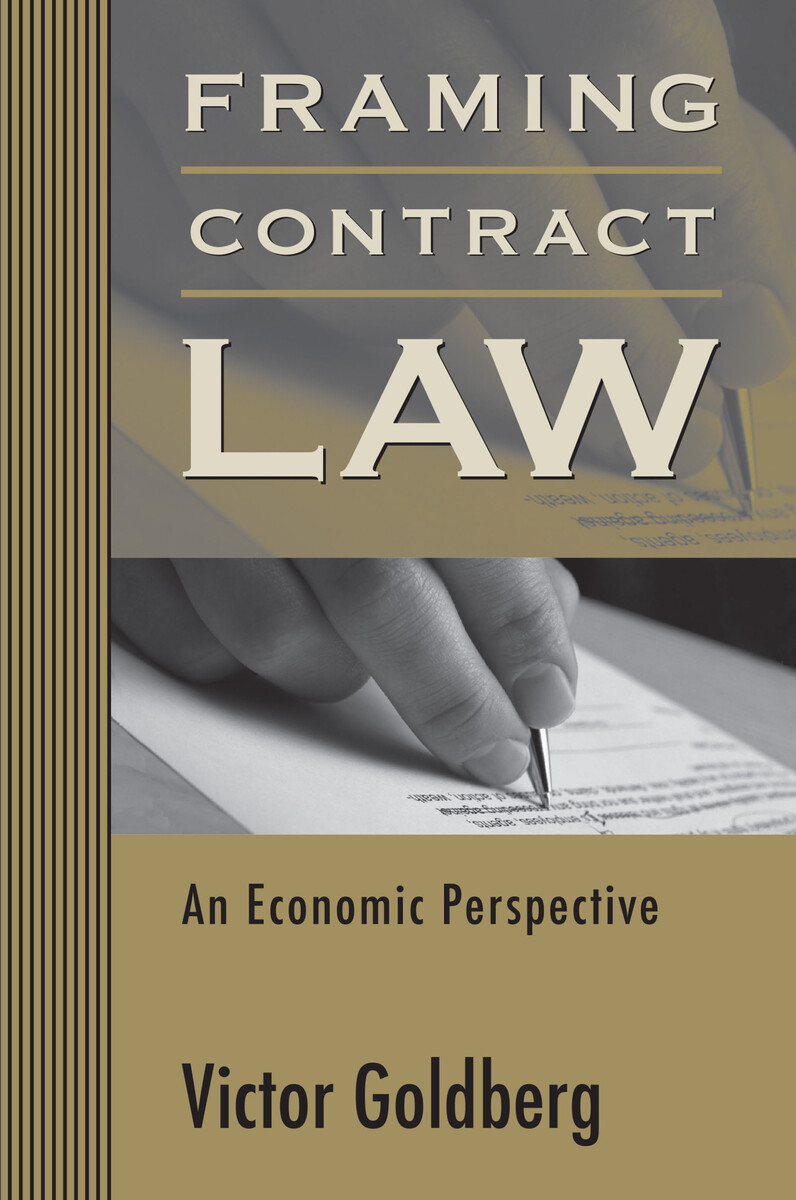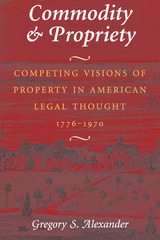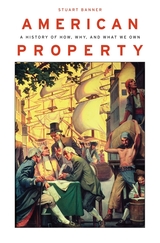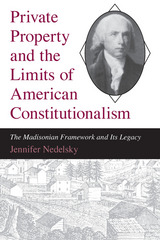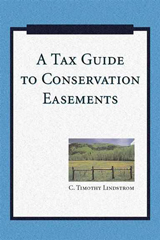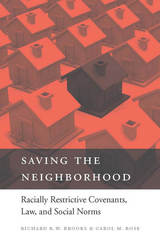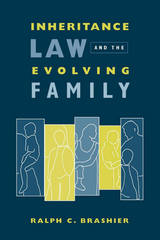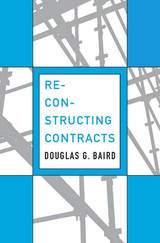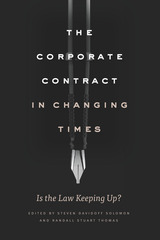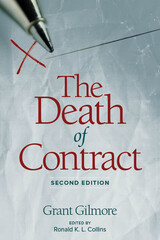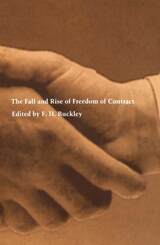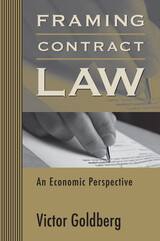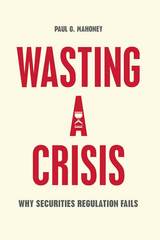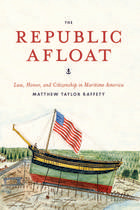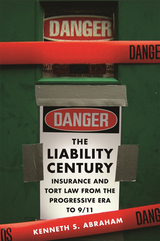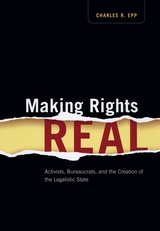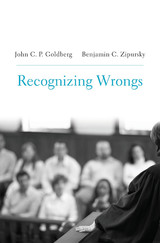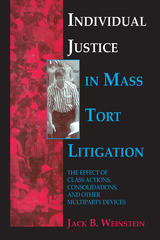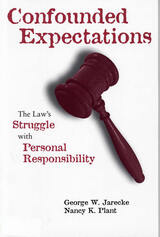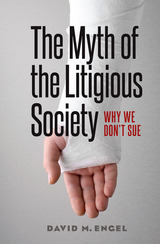Framing Contract Law: An Economic Perspective
Harvard University Press, 2012
Cloth: 978-0-674-02312-3 | Paper: 978-0-674-06392-1 | eISBN: 978-0-674-27295-8 (ePub) | eISBN: 978-0-674-27294-1 (PDF)
Library of Congress Classification KF889.G65 2006
Dewey Decimal Classification 346.7302
Cloth: 978-0-674-02312-3 | Paper: 978-0-674-06392-1 | eISBN: 978-0-674-27295-8 (ePub) | eISBN: 978-0-674-27294-1 (PDF)
Library of Congress Classification KF889.G65 2006
Dewey Decimal Classification 346.7302
ABOUT THIS BOOK | REVIEWS | TOC
ABOUT THIS BOOK
The central theme of this book is that an economic framework--incorporating such concepts as information asymmetry, moral hazard, and adaptation to changed circumstances--is appropriate for contract interpretation, analyzing contract disputes, and developing contract doctrine. The value of the approach is demonstrated through the close analysis of major contract cases. In many of the cases, had the court (and the litigators) understood the economic context, the analysis and results would have been very different. Topics and some representative cases include consideration (Wood v. Lucy, Lady Duff Gordon), interpretation (Bloor v. Falstaff and Columbia Nitrogen v. Royster), remedies (Campbell v. Wentz, Tongish v. Thomas, and Parker v. Twentieth Century Fox), and excuse (Alcoa v. Essex).
See other books on: Business & Financial | Business Law | Commercial law | Contracts | Economic Perspective
See other titles from Harvard University Press
